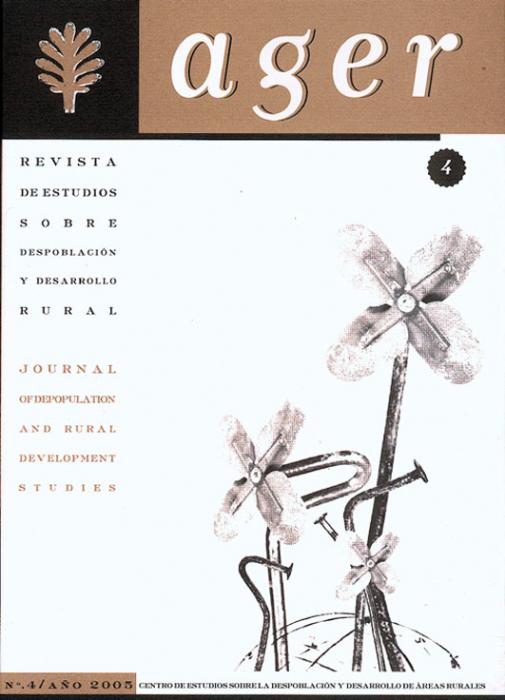Sustainable Development a Eco-Etnocide? The Forest Expansion Process in Mapuche-Nalche area in Chile
Abstract
The next article shows the stress produced between two of the main “visions” about regional and local effects of the forest expansion process in an area with a high quantity of rural population (farmers and Indians). On the one hand, the official speech and the enterprises related to the forest plantation, consider pine-tree and gum-tree forestation as the only way to have a “sustainable development” in these areas. On the other hand, opposing perspectives, coming from organised groups of the local community; consider this forest expansion process as an imposition of extractive models to relate with nature, which has caused serious effects to its environment and its economic, productive, environmental and cultural system. The objective has been to discuss these opposing versions, recognising the authenticity of both arguments and visualising the empirical dimensions of the problem. This analysis was implemented from a methodological complementary perspective (qualitative- quantitative) and articulated from a reflexive approximation. It is concluded, emphasising the social and political importance of the critical versions emergence from the local contexts, which contribute with an own project of building a development model, supported in a personal vision about the ecosystem and its protection.Downloads
Published
How to Cite
Issue
Section
License
Authors who publish in this journal agree to the following terms:
a. Authors retain their copyright and grant the journal the right of first publication of their work, which will be simultaneously subject to the Creative Commons Attribution Licence, which allows third parties to share the work provided that the author and the journal's first publication are acknowledged.
b. Authors may enter into other non-exclusive licensing agreements for the distribution of the published version of the work (e.g., depositing it in an institutional repository or publishing it in a monographic volume) provided that the initial publication in this journal is acknowledged.
c. Authors are permitted and encouraged to disseminate their work via the Internet (e.g. in institutional digital archives or on their website), which may lead to interesting exchanges and increase citations of the published work. (See The effect of open access).

